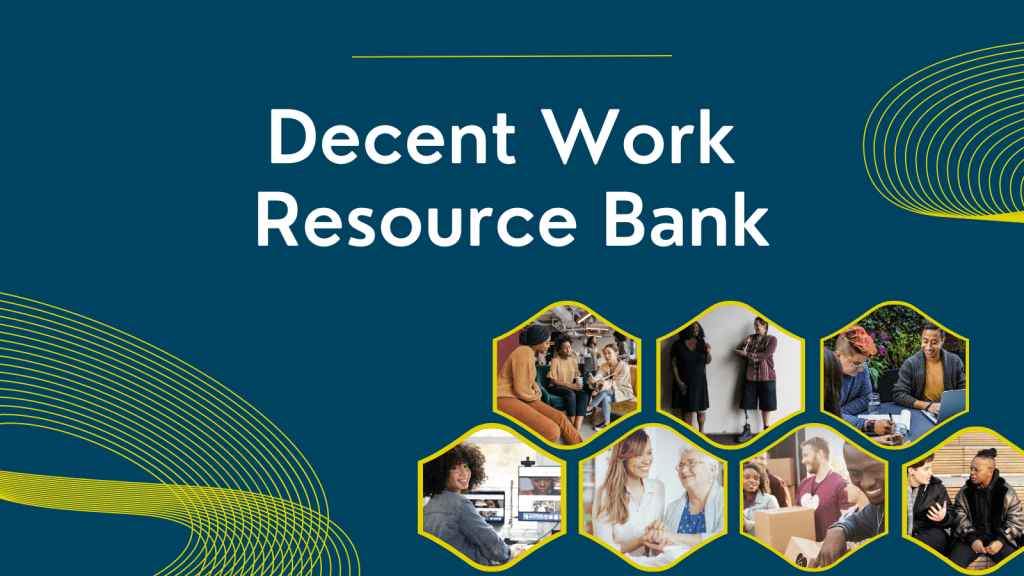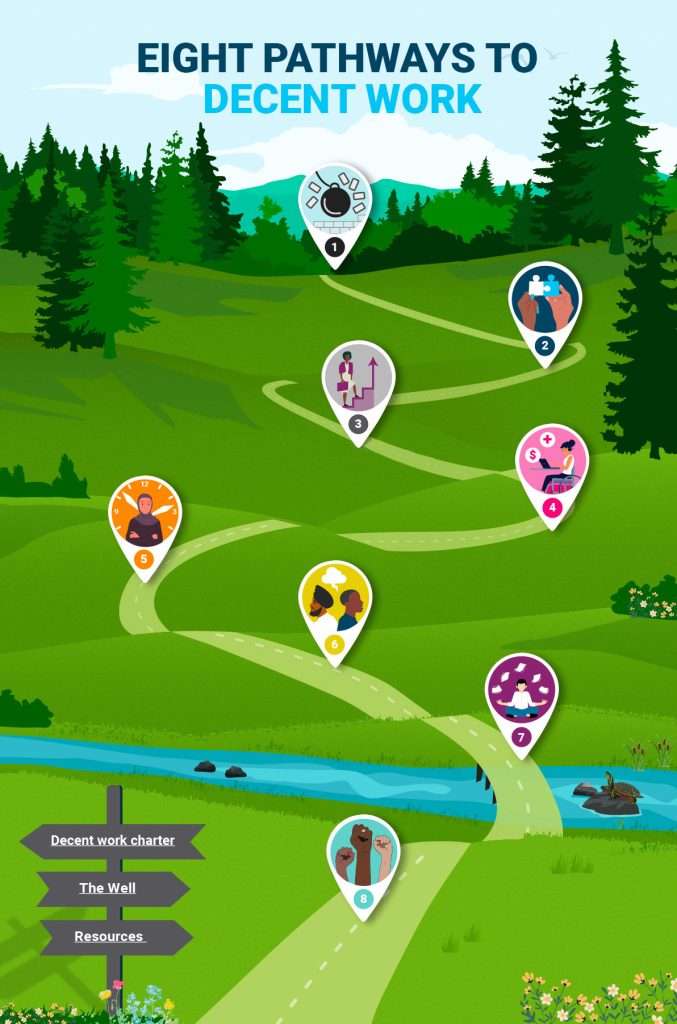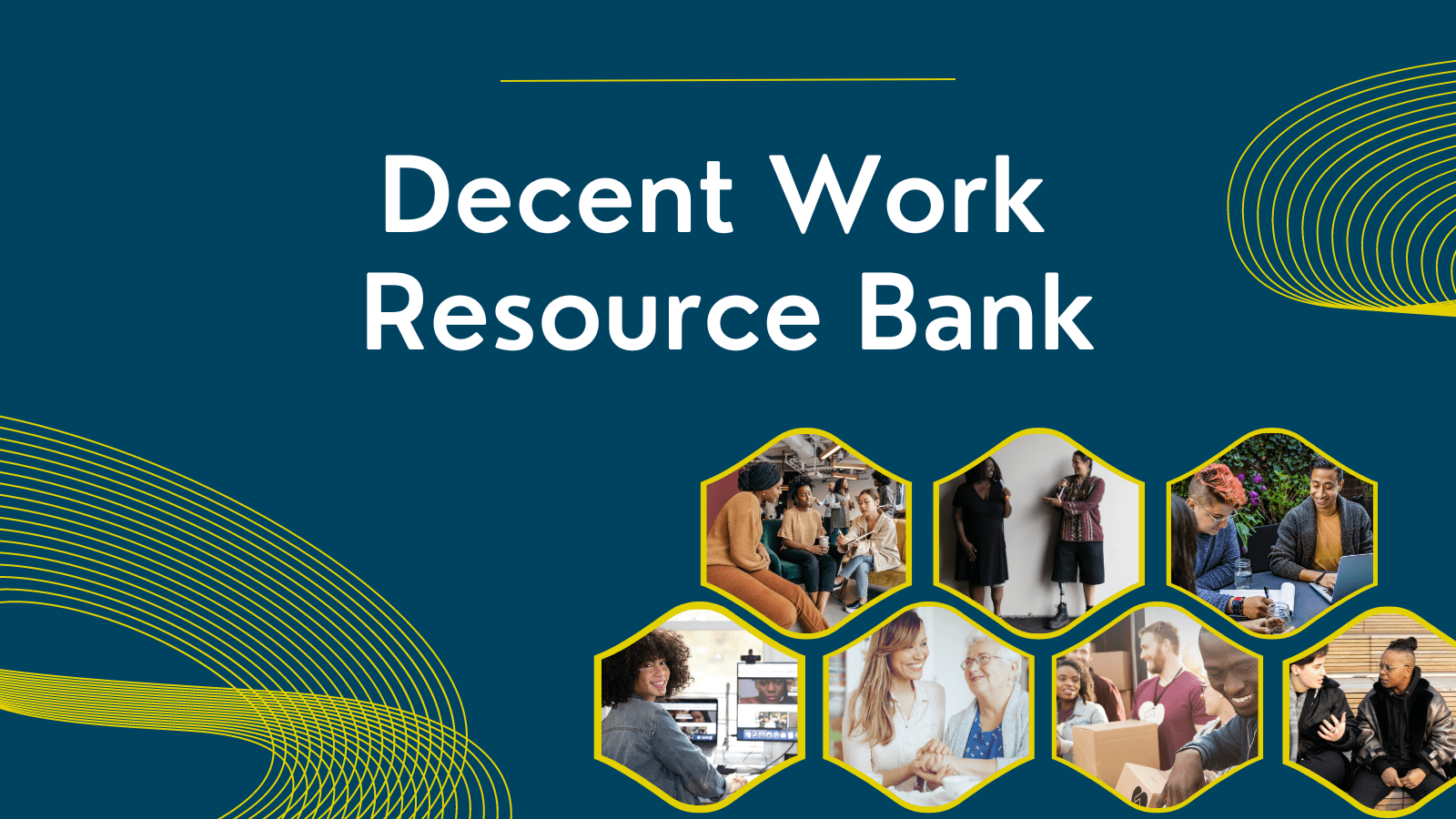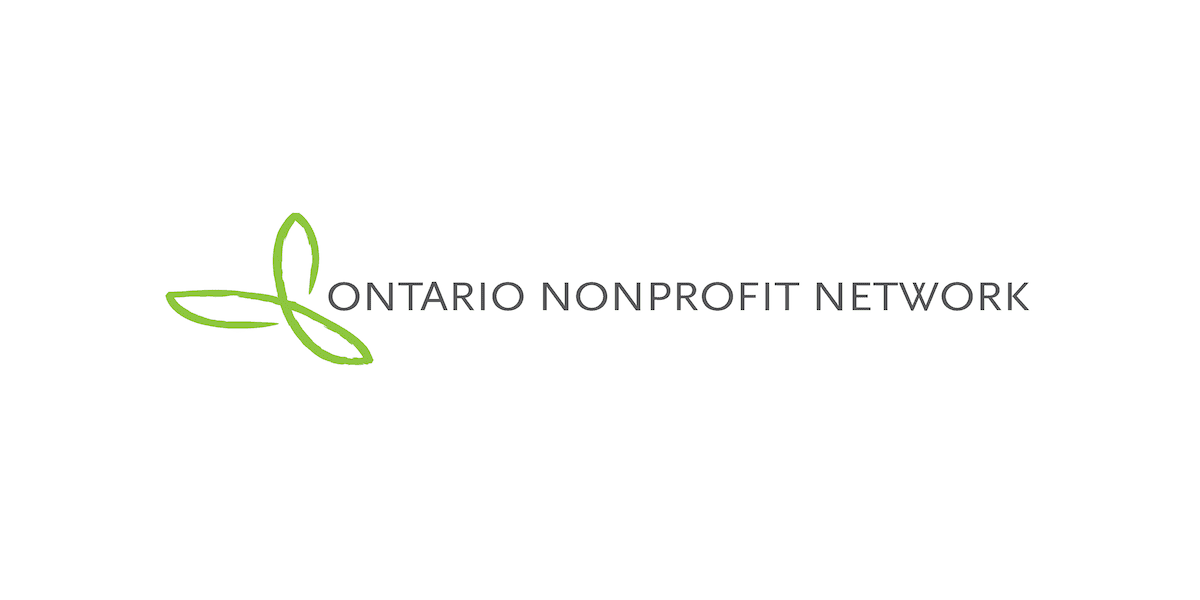Three ways to use Decent Work as a tool for advancing racial justice
During my time with ONN in the summer of 2022, I got the opportunity to work on a Resource Bank that sheds light on the connection between the decent work movement and anti-oppression frameworks. Working on this project helped me better understand the principles of decent work, and how they can be applied in the nonprofit sector. As I shared in a reflection piece about developing the Resource Bank, decent work is not focused exclusively on working people and their conditions; decent work is a framework that can serve to challenge unjust structures of racism and settler colonialism.
I began my time with ONN in the summer of 2023 with the aim of unpacking the relationship between decent work and racial justice. Over the last several weeks I have been engaging in fruitful conversations, and informative readings that highlight the ways in which decent work can help advance racial justice both in the nonprofit sector, and within society more broadly.
Based on my learnings, there are three critical ways I think organizations can use the decent work framework to advance racial justice in their respective organizations.
1. Practice self-reflection.
As outlined in the freshly-launched Pathways to Decent Work, committing to decent work practices requires understanding organizational culture. This process of self-reflection entails exploring and naming the existing culture, including how systems of oppression operate within an organization. While it may be difficult, this important process of examination provides an invaluable opportunity to understand and work towards challenging structures of oppression, including racial discrimination. Assessing the norms, practices, and written and unwritten rules within your organization will enable you to identify how intersecting systems of oppression show up in your organizational culture. This, in turn, enables you to assess where your organization is, and draw realistic plans for where it wants to go in relation to decent work and racial justice. Practicing self-reflection on a regular basis enables organizations to continually assess where they are in the journey and pivot accordingly instead of treating equity advancing work like a checklist that can be completed. Advancing racial justice in the nonprofit sector will require long-term commitment and resources.
2. Assess the impact of advancing decent work in the nonprofit sector.
Given the demographic makeup of the nonprofit sector in Ontario, which has a woman-majority and racialized workforce, implementing decent work practices can go a significant way towards mitigating systemic inequities. Key decent work practices including improving minimum wages, providing sufficient benefits, and strong labour market standards are vital for improving the economic conditions of women and racialized workers. Additionally, decent work calls for the creation of inclusive, safe, and participatory workplaces and can thus help advance equity and inclusion for many of the sector’s workers. By committing to decent work practices, nonprofits implement strategies that improve the material well-being of historically underserved workers. Leaders within the sector can undertake this work by assessing their organization’s culture (using tools like the Equity Assessment Tool), allocating resources for racial justice work, and providing strong support systems for people doing this work within the organization.
3. Consider the impact of capitalism on racialized communities.
Workers in the nonprofit sector are embedded in a capitalist global economy. The development of capitalism is rooted in and exacerbates differences along racial, ethnic, and religious lines, and often creates a racially ordered division of labour. Racial capitalism is acutely felt among Indigenous, Black, and immigrant communities in North America, who often experience immense exploitation under this system. The central goals of decent work movement building, including establishing stronger labour market standards and the provision of social supports can help mitigate some of these structural inequalities that disproportionately harm racialized communities. In their article “Philanthropy can & must help dismantle racial capitalism”, Adriana Rocha and Manisha Vaze identify five key strategies organizations can employ in this regard, including learning towards action, using liberatory approaches, and working to strengthen global solidarity.
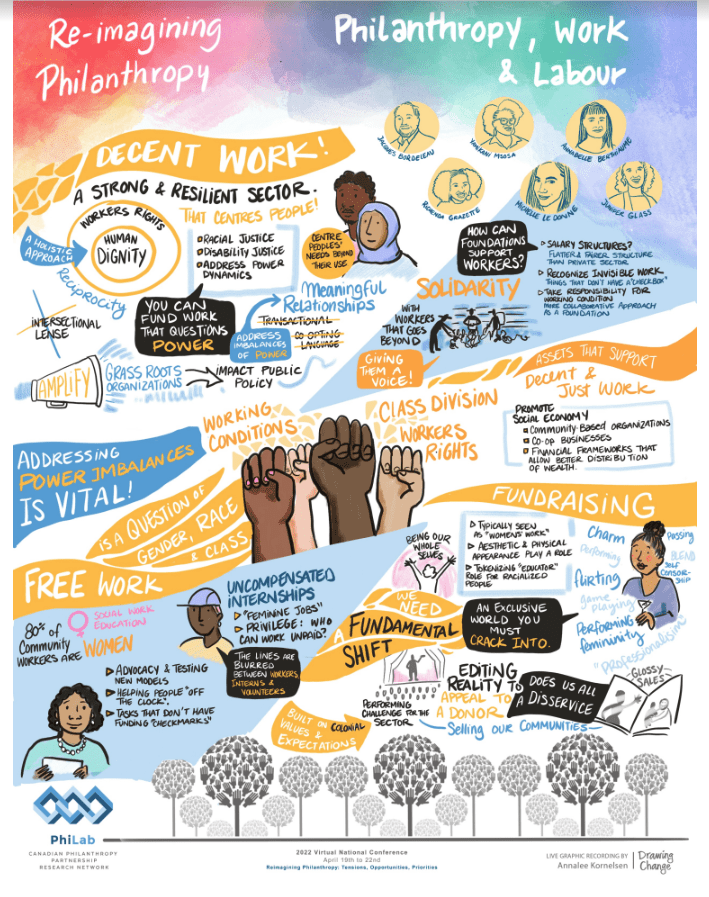
Connecting the dots for a more inclusive future
My learnings this summer highlight the fact that systems of oppression are interdependent and mutually reinforcing. It is difficult to fully appreciate the importance of decent work in the nonprofit sector if we fail to consider the broader structures within which the work happens. This economic structure is one that draws on, recreates, and deepens inequities along gendered, racial, and spatial lines, among others. Recognizing these intricate connections enables us to forge solidarities and imagine liberatory futures for all.
This blog post was contributed by Fikir Haile, who worked with our team as a summer student in 2022 and 2023. She is a PhD candidate in the department of Political Studies at Queen’s University, where she specializes in International Relations and Political Theory. Her research focuses on the areas of International Political economy, African Politics, and the politics of urbanization. Fikir has held numerous research fellowships and research assistantships centered around issues of race and equity within and outside of academic institutions. She has worked as an anti-racism advisor and a research assistant on projects focused on anti-racism in early childhood education and post-secondary education in Canada.
